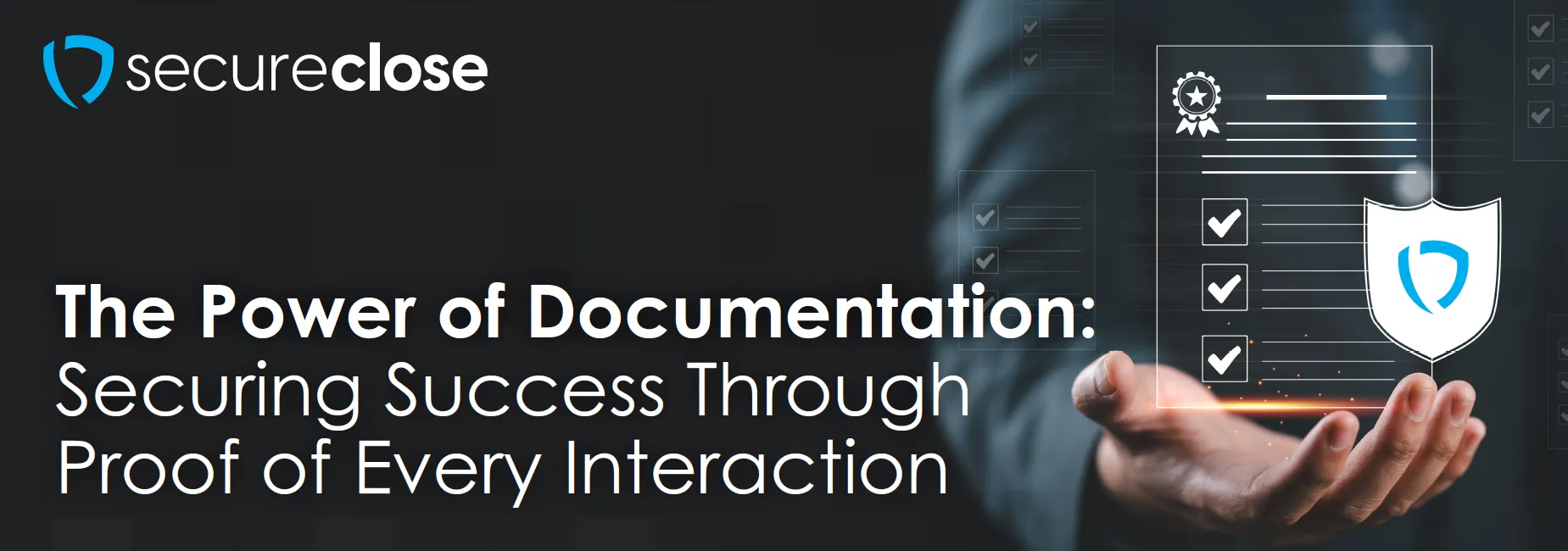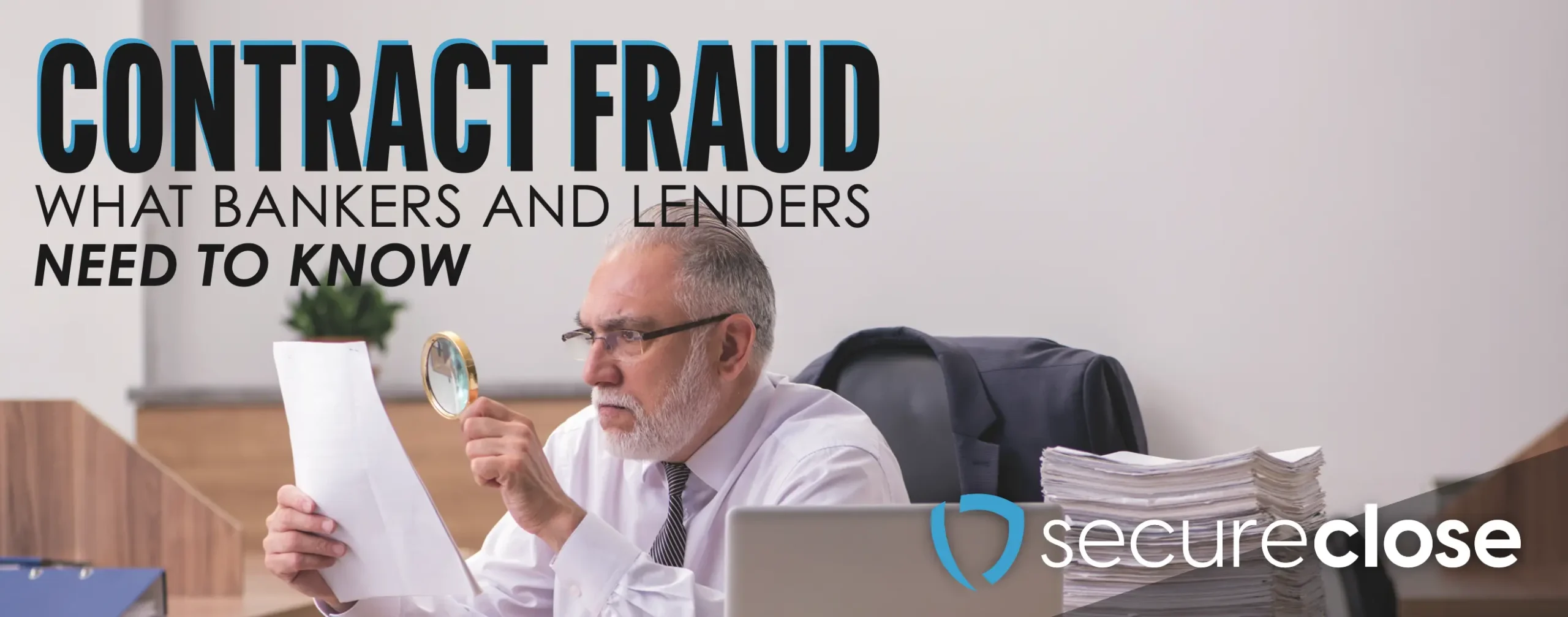
In business, the importance of clear communication cannot be overstated. However, even the clearest verbal agreements are vulnerable to the frailties of human memory. This is why documenting every interaction with consumers—whether in sales, collections, or closing agreements—is not just a best practice but a critical component of sustainable success.
I recently shared this insight with my youngest son as he ventures into the business world. Reflecting on my own experiences, I told him about an older businessman I once knew. After every conversation, this man would promptly send me an email summarizing what we discussed. If we reached an agreement, he would formalize it by sending a document for me to review and sign. It was a small habit with immense impact, teaching me that documentation is the cornerstone of professional accountability and trust.
Why Documentation Matters
- Human Memory is Fallible
People tend to remember conversations in ways that favor their interests. This isn’t necessarily malicious—it’s simply human nature. By documenting conversations, you create an impartial record that eliminates misunderstandings and ensures that both parties are aligned on the agreed terms. - Building Trust and Professionalism
A follow-up email or signed agreement communicates that you value the other person’s time and take the discussion seriously. It sets a tone of professionalism and transparency, which is especially critical in sales and collections. - Legal Protection
In business, disagreements can arise, and having a documented record of interactions can protect you from legal disputes. Written proof becomes your safeguard, ensuring that your version of events is verifiable. - Streamlining Processes
In fields like sales, collections, and closings, documentation can simplify follow-ups, clarify next steps, and expedite resolutions. It serves as a reference point that eliminates unnecessary back-and-forth.
The SecureClose Approach
This principle of documentation is at the heart of what SecureClose offers for secure sales, collections, and closings. After every conversation with a consumer, it’s vital to:
- Recap the Discussion in Writing
Summarize the key points of the conversation, highlighting what was discussed, agreed upon, or pending further action. Share this summary with the consumer promptly. - Secure Agreement with Signatures
If any commitments or agreements were made, document them formally and have the consumer sign off. This ensures clarity and mutual accountability. - Maintain Records for Future Reference
Store these signed documents securely for future use. Whether you’re closing a deal, managing collections, or following up on sales, having a detailed record can save time and protect your interests.
Teaching the Next Generation
As I advised my son, developing the habit of documenting every interaction will position him for long-term success. It’s not just about protecting yourself—it’s about fostering trust and ensuring that every consumer interaction is handled with integrity. By adopting this practice early, he’ll stand out as a professional who values precision and accountability.
For any business, the takeaway is simple: always close with proof of the conversation. Whether it’s a sales pitch, a payment agreement, or a contractual negotiation, written documentation ensures that you always come out on top, with the added benefit of building stronger relationships and protecting your business.
SecureClose embodies this philosophy, providing the tools and framework needed for businesses to excel in secure sales, collections, and closings. It’s a powerful reminder that success begins with the simple act of documenting and creating proof of every interaction.





